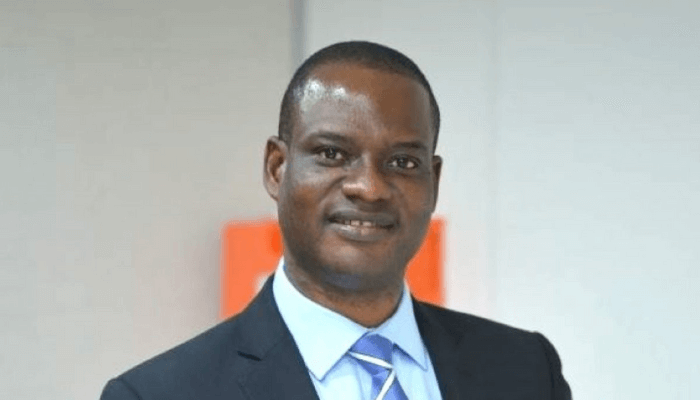Nigeria’s free trade zones have attracted more than $46.6 billion in investment into the country’s economy.
According to the News Agency of Nigeria, this was disclosed by the Managing Director of the Nigeria Export Processing Zones Authority, Adesoji Adesugba, and his counterpart from the Oil and Gas Free Zones Authority, Tijjani Kaura, in Abuja on Wednesday.
Adesugba stated that NEPZA-regulated trade zones have attracted over $30 billion in investments since the scheme’s inception in 1992, while Kaura estimated that OGFZA has attracted $16.6 billion in investments since 1996.
He stated that the global business model was achieving its goal of accelerating economic growth and industrialization.
According to him, the Federal Government’s decision to invest in this concept has become legendary, as the model has become a key driver of the nation’s economy.
While predicting a brighter future for the free trade zones, Adesugba stated that the business enclaves are home to over 600 enterprises, which provide 150,000 direct jobs and an estimated 400,000 indirect jobs.
He said, “To date, the zones have attracted over $30 billion investments which is expected to exponentially increase in the next few years with our sustained incentives and aggressive investment drive across the world.
“The future is bright for the Free Trade Zone scheme in Nigeria.
“And again, we express our profound appreciation to the President Muhammadu Buhari-led administration for the approval given for the establishment of six Special Economic Zones and the earmarking of four international airports as Free Trade Zones in 2021.”
Adesugba promised that NEPZA would keep reforming in order to position the scheme for global competitiveness.
According to him, the authority has established the Special Economic Zones Dispute Resolution Centre to mediate disputes between zone operators.
“NEPZA has also established Special Economic Zones Security outfit to professionally secure lives and investments in the zones.
“More so, the Special Economic Zones Training Institute, Kano will help bridge the knowledge gap in the free zones scheme.
“The authority also established an automated platform to digitise the operations of the scheme for enhanced efficiency and accountability,” he said.










